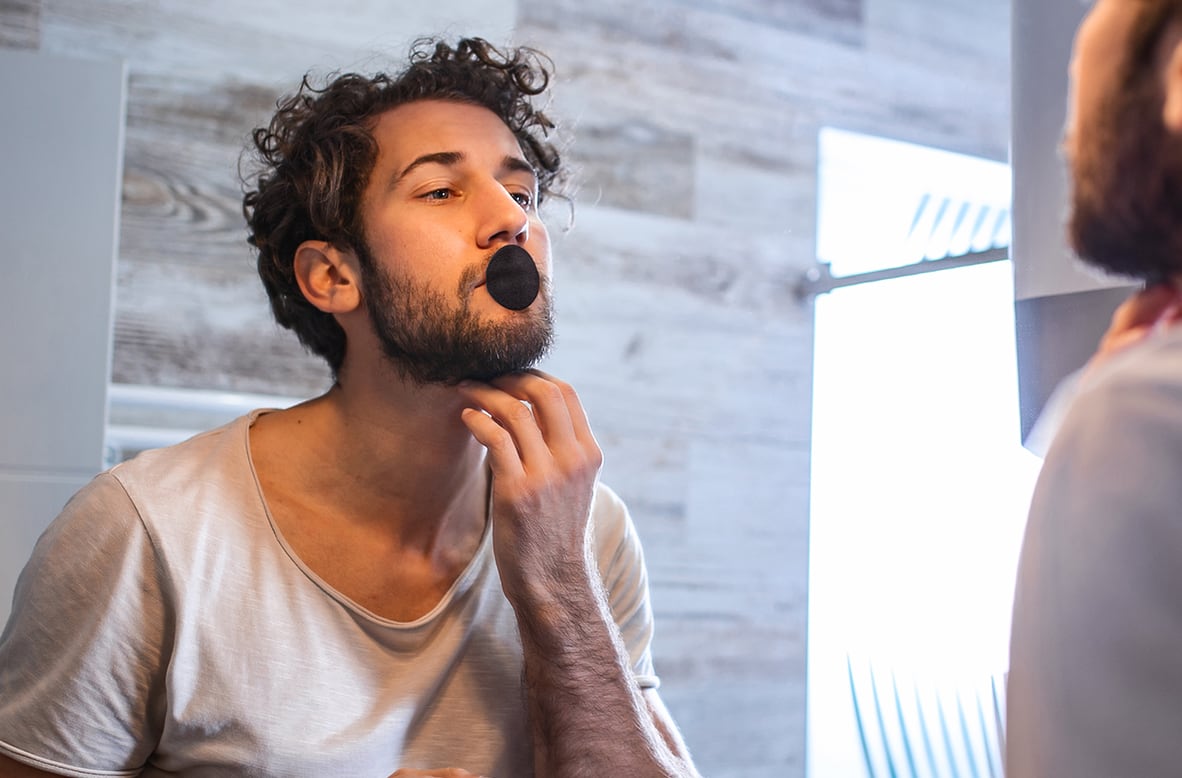By Karina Francois, Qualified Naturopath.
Snoring happens for a number of reasons, with these factors differing between individuals as a result of their lifestyle or health.
The most common cause of snoring is the muscles of the airway relaxing during sleep, causing vibrations as air passes through the throat and out the mouth.
The interrupted sleep that results can affect our health and ability to function optimally throughout the day.
Depending on why or how often you snore, treatments vary from person to person. Let’s look at some lifestyle solutions and take responsibility for our health today.
-
Alcohol, sleeping pills and sedatives
Alcohol is a central nervous system depressant and that results in relaxation of the muscles in the throat, narrowing the airways that lead to snoring.
Reducing your alcohol consumption is a good place to start. Sleeping pills and sedatives can have a similar affect to alcohol – why not try some natural solutions such as magnesium (available in tablet or powder form) chamomile tea or herbal tonics.
-
Smoking
If you smoke, snoring frequency increases. This is because the harmful smoke irritates the throat; causing inflammation along the tissue lining the airway (known as mucosa) and causing the airways to swell and narrow.
-
Exercise
Exercise can reduce snoring by both toning the muscles in your neck and throat, and keeping excess weight from accumulating around the head / neck.
-
Water/milk /coffee/tea/cola and caffeinated drinks
Staying well hydrated is important, as dehydration can make the secretions of your nose and palate stickier, in turn reducing the size of your airways and increasing the severity of snoring in some people.
If you can, try to reduce or moderate your intake of dairy products such as milk, butter, yoghurt and cream, as these foods can leave mucous in your mouth, again causing narrowing of the airways.
-
Sleep position
If snoring is affecting your night time routine, try changing your sleep position. Sleeping on your side instead of your back may help alleviate snoring, as gravity makes it more likely for your tongue to obstruct breathing and for jaw muscles to relax when you are on your back.
-
Colds and allergies
Mucous and nasal drips can obstruct air passages and increase the severity of snoring. Many people find that using a steam bowl just before sleep can help to clear the nose and nasal passage, particularly if blockages or congestion are caused by the common cold or flu
-
Pillow & Bedding
Changing your pillow and bedding regularly is also very important. Dust mites and animal dander can cause allergic reaction and irritation. By washing and drying your pillows, bed sheets, blankets and covers regularly, this will reduce the number of inhaled allergens. Also try to keep animals out of the bedroom if you find your nose is affected over night.
-
Food Sensitivities
Food sensitivities can cause nasal drip. With a few of my clients, I have found that by removing foods that are potential irritants, this results in a clearer nasal passageway and a reduction in snoring.
-
Food/weight/eating behaviours/type 2 Diabetes
It is important that you start to listen to your body and eat only when you are hungry, as overeating leads to obesity.
Obesity can result in widening the girth of the neck which in turns puts pressure on the airways, narrowing them during sleep, a leading cause of snoring.
Weight loss and reducing fatty tissue at the back of your throat and neck will generally decrease the severity of snoring. It may not be curative, but it can reduce snoring frequency to the point where other treatments aren’t required.
-
Foods that can help
Honey and peppermint tea before bed has antibacterial and anti-inflammatory agents, helping to reduce congestion and phlegm in the throat. The vapours from the peppermint can help to soothe irritated nasal passages, thin mucous and clear nasal drainage that may be causing obstructions.
A teaspoon of turmeric mixed in water and taken every day acts a natural anti-inflammatory and may reduce snoring. Similarly, onion and garlic have great anti-inflammatory properties and are easy to use in cooking.
As you can see, there is so much that we can do to help with snoring. It’s time to implement some lifestyle changes and embrace a healthier version of you.
Karina Francois is a leading Naturopath based in Melbourne. She runs a naturopath clinic in the outer suburb of Beaconsfield called Infinite Health Practice and recently released her first book called Clean Food Clear Thinking.



